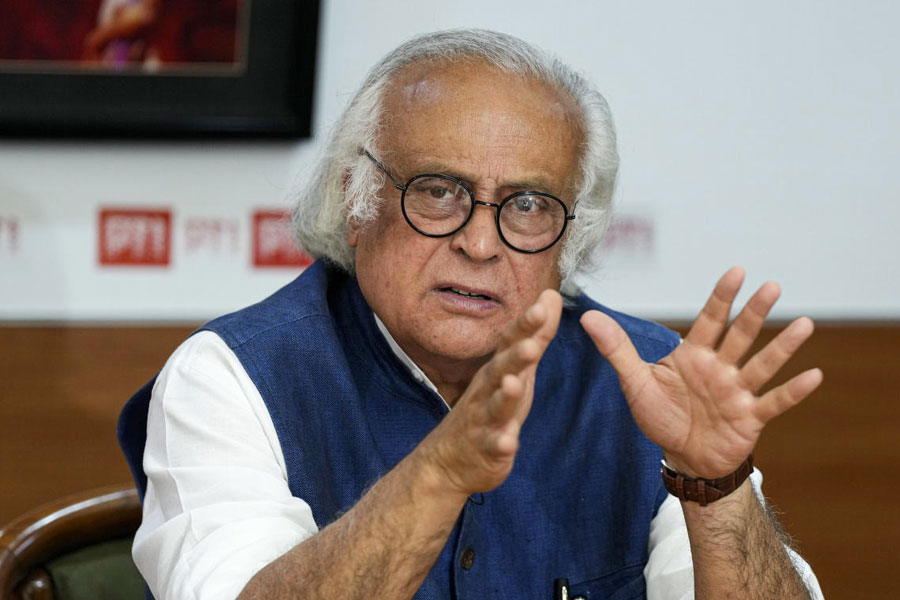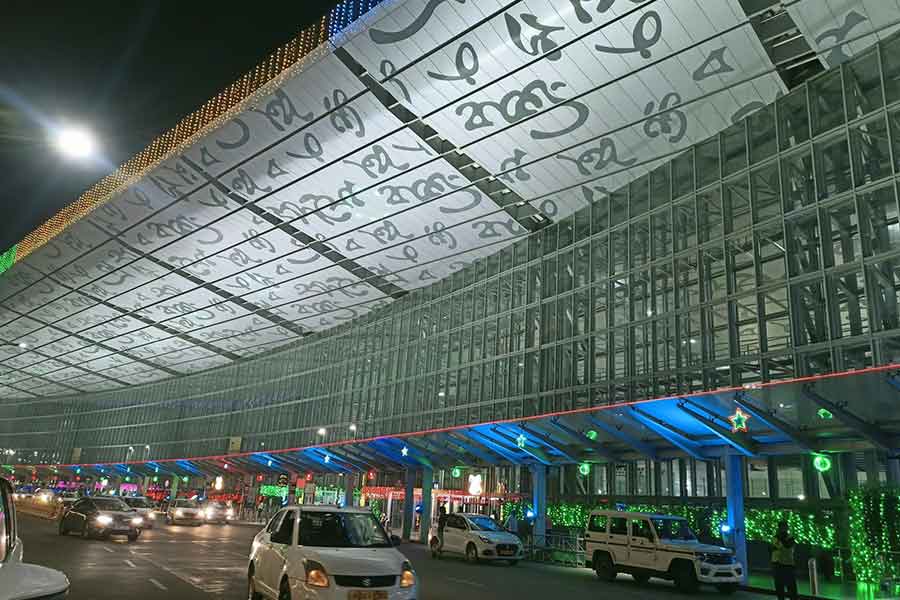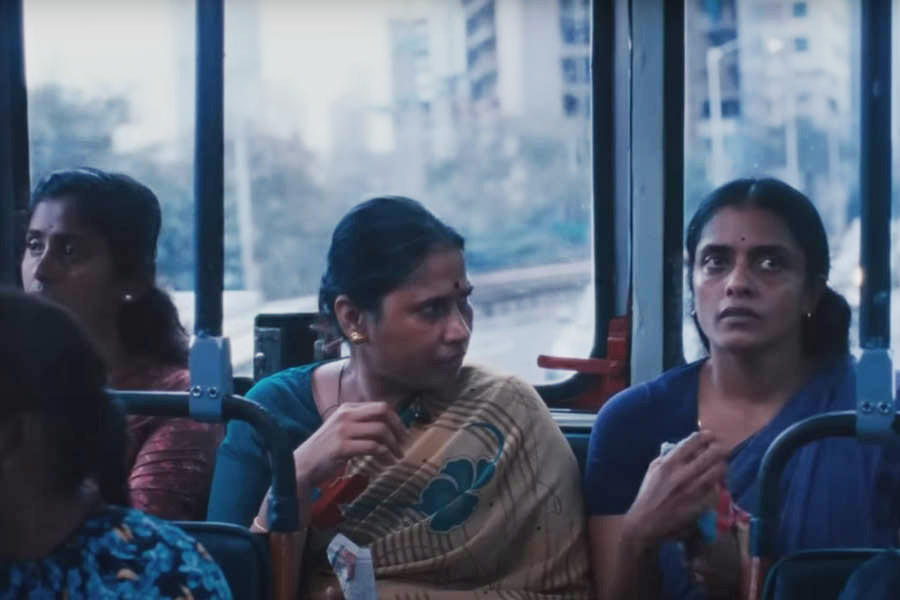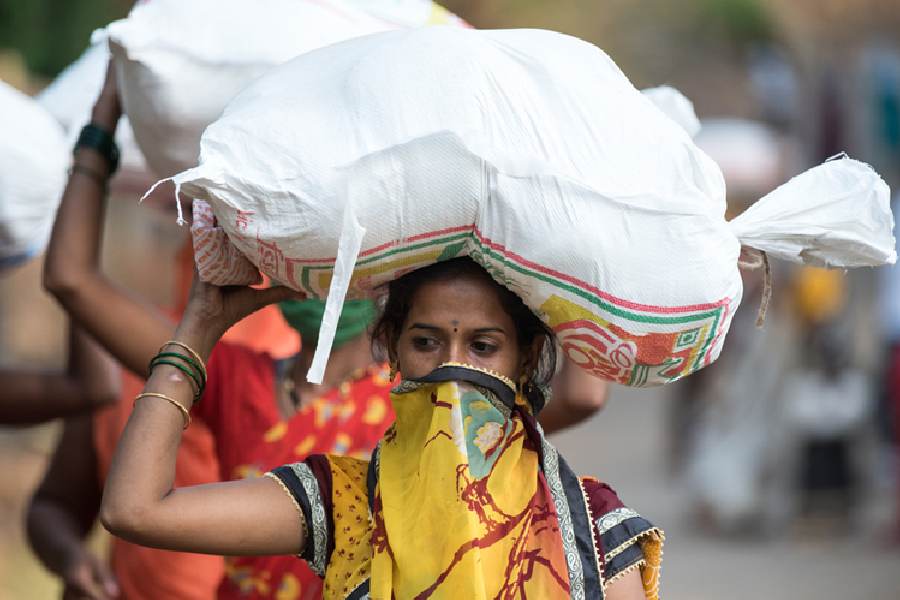More than 30 Kashmiri traders are stuck at Maheshtala on the city’s western outskirts, waiting to return home at the first chance after the lockdown is lifted.
Their customers, mostly into stitching garments, cannot afford to clear their dues because their units are shut. So, the cash-strapped traders are living on free ration provided by local NGOs. “The lockdown happened suddenly. We had booked flight tickets for April 18. That is impossible now. But we hope that the curbs are lifted by April. We have no money to sustain ourselves any longer,” Farooq Ahmed, 39, said.
The traders are living in five rented rooms in the Maheshtala area. “The rent has been paid up to April. I don’t have money to pay any more. If the landlord evicts us after that, I don’t know where to stay,” Yasen Bhat, 25, said.
Last week, the traders got some dry ration — rice, potato and oil, from an NGO. “We had approached a local club that got us in touch with the NGO,” Bhat said.
The men are cooking small portions every day to ensure the ration last long. The only solace is being able to talk to family members back home. “I want to go back. I will stay in quarantine and take every precaution but I need to go home,” Ahmed, who has been coming to the city for over a decade, said. “Returning home without money is also a problem. We bring stuff on credit,” another trader stuck in Maheshtala said.
Many Kashmiri traders have returned, but the 32 stuck in Maheshtala, all from Budgam district, around 30km from Srinagar, are among those who could not. They had reached Calcutta between late October and early November to sell shawls and winter garments, a primary occupation of many residents in the valley. The traders usually start going back from early March.
They sell their stuff to workers in the garment industry in Metiabruz and surrounding areas in South 24-Parganas like Maheshtala, Chakmir and Memanpur, around 16km from the heart of Calcutta.
They sell on credit and get money in small installments when the workers get paid. All the production units are currently shut because of the lockdown. And the workers don’t have enough money to sustain themselves. Consequently, the Kashmiri traders are still to get their dues.











